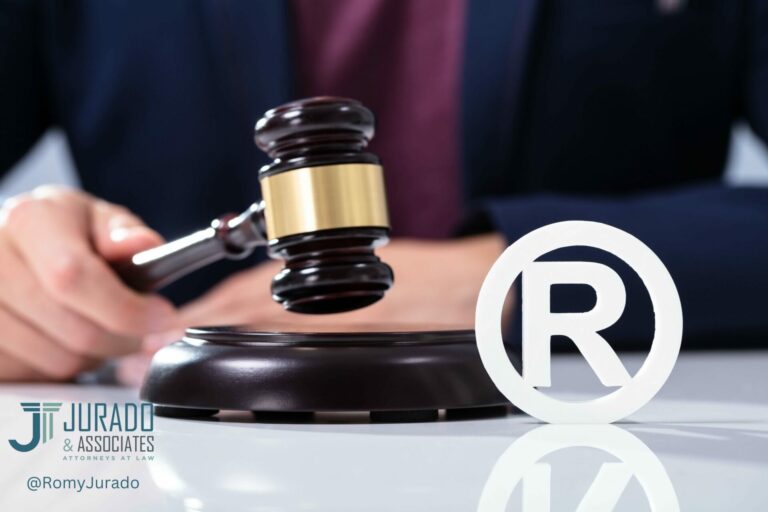Are you looking to start a business in Florida? It can be a dream come true; however, it can also be a nightmare if you do not know what you are doing, as it involves taking into account many legal details. One of the most important steps you need to take before launching your business is to make sure you have the right agreements in place. Agreements are legal documents that outline the rights and obligations of the parties involved in a business relationship. They can help you avoid conflicts, protect your assets, and comply with the law.
In this article, we will discuss three agreements you need to start a business in Florida: an operating agreement, an employment agreement, and a commercial lease agreement. These agreements will help you set up your business structure, hire and manage your employees, and rent your business premises, so let us take a closer look at each one.
An Operating Agreement: Your Guide for Running Your Business
An operating agreement is a document that defines how you will operate your business as a limited liability company (LLC). An LLC is a hybrid structure that combines some of the features of a partnership and a corporation, making it very popular amongst first-time business owners.
If you have chosen to start an LLC, an operating agreement can help you:
- Establish the roles and responsibilities of each member
- Determine how profits and losses will be allocated and distributed
- Define how decisions will be made and disputes will be resolved
- Specify how new members can join or existing members can leave the LLC
- Protect your limited liability status and avoid being taxed as a corporation
You can find many templates and examples online to help you draft your operating agreement. However, using templates from the internet is without a doubt the easiest way to draft a terrible operating agreement. Hiring a professional to draft it for you is the way to go. Your operating agreement should be tailored to your business, which you simply cannot achieve by using templates. In addition, there are many tiny legal details that need to be included in your operating agreement, which only an experienced business lawyer can do.
An Employment Agreement: Your Contract with Your Employees
An employment agreement is a document that sets the terms and conditions for the employment relationship between you and your employees. An employment agreement can help you:
- Communicate expectations and responsibilities of both parties
- Prevent misunderstandings and disputes
- Protect your rights and interests as an employer
- Comply with labor laws and regulations
A good employment agreement should include the following elements:
- Job title and description
- Salary and benefits
- Hours of work and overtime pay
- Vacation and sick leave policies
- Performance evaluation and termination procedures
- Confidentiality and invention assignment clauses
- Dispute resolution methods
Although you can find many templates and samples online to help you draft your employment agreement, there are several reasons why you should not even consider using them. Firstly, these templates are often generic and are not tailored to the specific needs of your business. This can lead to important details being overlooked or important clauses being omitted, which could leave your company vulnerable to legal disputes or financial losses. Secondly, employment laws can be tricky and nuanced, and a template simply will not take into account these nuances. Finally, using a template can create the false impression that you have a legally sound employment agreement in place, when in reality it may not be sufficient for your needs. It is always best to consult with a qualified legal professional to ensure that your employment agreements are legally sound and appropriate for the specific circumstances of your business.
A Commercial Lease Agreement: Your Deal for Your Space
A commercial lease agreement is a document that sets the terms and conditions for renting your business premises from a landlord. A commercial lease agreement can help you:
- Secure your right to use the space for your business purposes
- Negotiate the rent amount, duration, renewal options, and other fees
- Specify the maintenance responsibilities of both parties
- Define how disputes will be resolved
A good commercial lease agreement should include the following elements:
- Description of the premises and their permitted uses
- Rent amount, payment method, due date, late fees, security deposit, etc.
- Lease term, renewal options, termination clauses, etc.
- Maintenance obligations of both parties
- Utilities, taxes, insurance, etc.
- Subleasing rights and restrictions
- Dispute resolution methods
Having a commercial lease agreement is essential for both landlords and tenants in a commercial property. A commercial lease agreement outlines the terms and conditions of the lease and serves as a legally binding document that protects the interests of both parties. For landlords, a commercial lease agreement helps to ensure that their property is being used appropriately and that they are receiving rent payments on time. The agreement can also include clauses that address issues such as maintenance and repairs, security, and termination of the lease. For tenants, a commercial lease agreement provides a clear understanding of their rights and responsibilities, including rent payments, use of the property, and obligations for maintenance and repairs. In the event of a dispute or disagreement, a commercial lease agreement can serve as evidence in court and provide legal recourse for both parties. Overall, having a well-written and comprehensive commercial lease agreement is crucial for a successful landlord-tenant relationship and the smooth operation of your business.
Ready to Start a Business in Florida? We Can Draft Your Agreements
At Jurado & Associates, P.A., we understand the challenges of starting a business. No matter what type of agreement you need, we can draft it. We are committed to providing you with personalized attention, quality service, and affordable rates. We are more than just your lawyers; we are your partners for success.
If you are ready to start your business journey, contact us today. You can reach us by phone at (305) 921-0976, by email at [email protected], or by WhatsApp at +1 (305) 921-0976.






